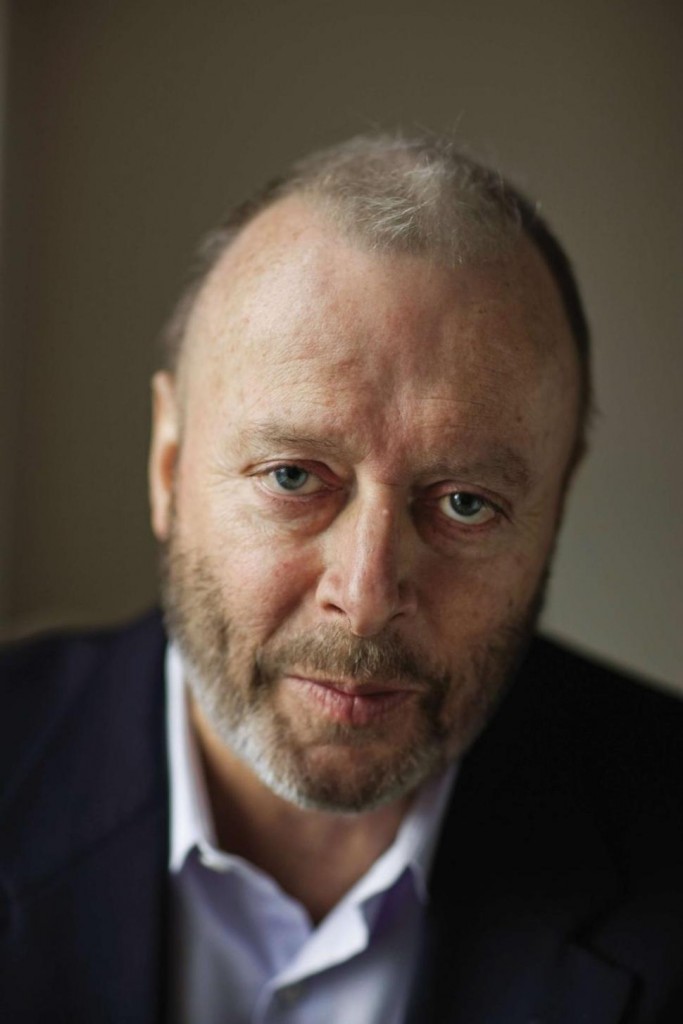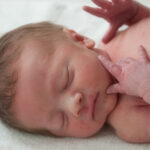Blog Post
A final word from Christopher Hitchens
By Jonathon Van Maren
This review of Mortality was first published on the Landmark Report in 2012.
It seems that many find it difficult to write anything about the late Christopher Hitchens without slipping into hagiography. Indeed, when he passed away on December 15, 2011 of pneumonia, every columnist or journalist who had ever consumed alcohol with, around, or in the vicinity of ‘The Hitch’ scrambled to highlight this transformative experience in an obituary that inevitably contained either the word “contrarian,” “courageous,” or both. The minutest encounters were (understandably, to be sure) exploited into full-length columns singing the praises of the pen that had after four decades finally ceased to write.
I myself was surprised at how much the news of his death impacted me, considering the fact that I never knew the man and had watched all of his (if you will permit), exit interviews, from Anderson Cooper to Charlie Rose, in which he looked increasingly like a husk of his former self. However, considering the number of controversial positions he took during his storied career, no one had difficulty finding at least something to like about Hitchens—he ended close personal friendships over his hatred for Bill Clinton, confused left-wing allies with his support for the Iraq War (his debate in New York City with George Galloway still ranking as one of the most entertaining things I’ve ever seen), infuriated Catholics with his attacks on Mother Theresa, and inspired ecumenical anger with his attacks on the existence of God. I’m quite sure I’m not the only Christian with a slightly masochistic fascination with the man—after all, a man no less rigid than John Calvin himself noted about atheists that, “In reading profane authors, the admirable light of truth displayed in them should remind us that the human mind, however much fallen and perverted from its original integrity, is still adorned and invested with admirable gifts from the creator.” Hitchens possessed, we can all agree, an extraordinary mind.
A year after his death, one more offering comes to us from the pen of the Hitch: A short account of his struggle with esophageal cancer, a slim 104-page volume entitled Mortality. The book is a sort of extended epilogue to Hitch-22, the recently published memoir that Hitchens was in the process of promoting when, in his words; he was deported abruptly “from the country of the well across the stark frontier that marks off the land of malady.” In Hitch-22, Hitchens largely portrays himself (as cliché as it might sound) as a citizen of the world, recounting wars, revolutions and political clashes from around the globe, predictably starring his brief appearances in them. In contrast, Mortality describes his reluctant residence in a gloomy place he calls “Tumortown.” Here, he notes with characteristic wit, “Everybody smiles encouragingly and there appears to be absolutely no racism…As against that, the humor is a touch feeble and repetitive, there seems to be almost no talk of sex, and the cuisine is the worst of any destination I have ever visited.”
His account of his “passive resistance” to the cancer attacking him is fascinating in its clarity. Hitchens is on guard for clichés as only a veteran writer can be, but finds himself frustrated at how many seem to automatically surface even in his own thoughts (clichés do come from somewhere, after all). He strives against self-pity, noting that his bohemian lifestyle had undoubtedly contributed to the esophageal cancer, which is common in heavy drinkers and smokers—so common, Hitchens notes, that “it bores even me.” Real regret shines through his writing in places, as the Hitch reflects on the fact that he will not see his children married. He even has one brief moment of nostalgia for the days when he was famed for mean-spiritedly savaging the still-warm corpses of men like Ronald Reagan and Jerry Falwell, musing that he will not even be able to “write the obituaries of elderly villains like Henry Kissinger and Joseph Ratzinger.”
Hitchens writes movingly of dealing with excruciating pain, of frustrating interactions with cancer-free people “from the country of the well,” and, of course, religion. Hitchens is determined to stay the course, mocking the idea of prayer (while admitting he was touched by the believers who were praying for him), and insisting on his rather juvenile habit of switching the first letter of “God” to a lower-case g (a habit that does not extend his mentions of pagan deities, whom he presumably feels are equally non-existent.) If you hear of a deathbed conversion, Hitchens informs us, it would not be a genuine one—ensuring a posthumous face-saving for his atheist acolytes on the off chance that the abyss should win their staring contest prior to his final eviction from Tumortown.
Perhaps the most moving passages in the book is Hitchens’ grappling with the potential loss of his voice, a possibility that, he notices with slight surprise, people rarely contemplate. “How does one separate one’s voice from oneself?”, Hitchens asks. A famed connoisseur of conversation, Hitchens thinks back on the times he and his friends, to quote Heraclitus, “Had tired the sun with talking, and sent him down the sky.” “For me,” Hitchens writes, “to remember friendship is to recall those conversations that it seems a sin to break off: the ones that made the sacrifice of the following day a trivial one.” Who among us has not had our lives enriched in the same fashion by friends we hold dear?
Mortality ends with a chapter of fragments, in which his widow Carol Blue shares with us some of the notes he left behind, little flashes of brilliance, wit, or polemics that remind us how much more he could have written, and how we will miss the insights—whether we loved them or hated them—from what Vanity Fair editor Graydon Carter called his “great turbine of a mind.” In one sense, Mortality is the obituary Hitchens wrote for himself—at the very least, it provides a succinct post-script to Hitch-22. It is in many places beautifully written, but shot through with an air of finality—none of the classic Hitchens outrage is wielded impotently at the inexorable cancer that killed him. To those of you followed the life of the writer Christopher Eric Hitchens, I commend to you the final chapter.








